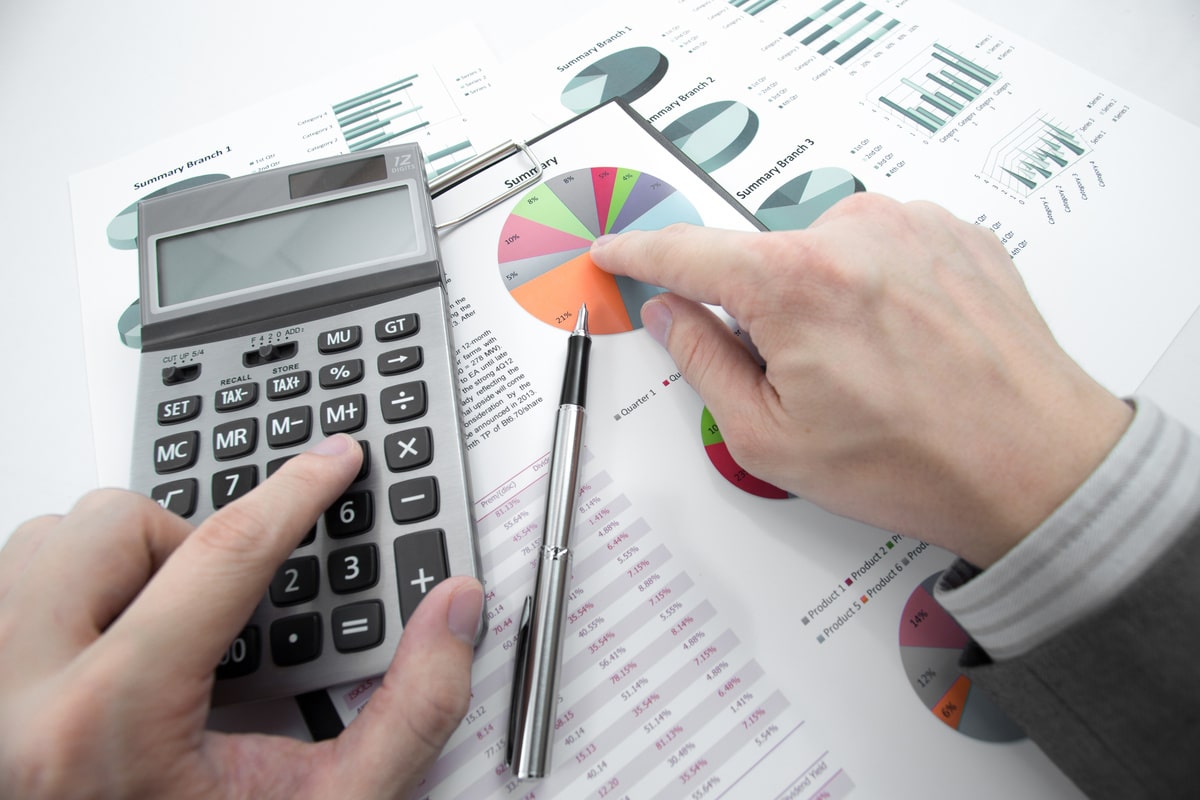Few business owners actually enjoy paperwork, but getting to grips with business record-keeping is one of the biggest favours you can do for yourself.
Not only will this help you avoid penalties from HMRC, it will also help you maintain a clear picture of how your business is performing.
Whether you’re just starting out or you’d like to get on top of things before your next return is due, our quick guide will put you in the picture.
If You’re a Sole Trader or in an Ordinary Partnership
In this case your record-keeping obligations are relatively straightforward, and have the purpose of enabling you to work out how much income tax you need to pay. Essentially, you need to keep good records of all money coming into your business, and of all outgoings and expenditure.
Depending on the kind of business you conduct, these records may include the details of any hire purchase or leasing arrangements, and detailed information about business travel or mileage.
You’ll certainly need to keep accounting records and bank statements, plus cheque book stubs, credit card slips and till receipts.
If You’re the Director of a Limited Company
The standards for records to be kept by limited companies are more exacting, and your record-keeping must comply with stipulations set out in the Companies Act.
Here, the purpose of keeping records is twofold: you need to be able to clearly show your company’s financial position at any given time, and your records must enable you to work out how much Corporation Tax you’re liable to pay.
Once again you need to keep good accounting records giving details of your company’s assets, liabilities, income and expenditure, plus relevant detailed documentation in support of this – bank statements, paying-in slips etc.
If You’re VAT Registered
Keeping records when you’re VAT registered is all about enabling you to complete your VAT return quickly and accurately.
If your business is VAT registered, you need to keep good records of sales and purchases, plus a separate record of the VAT you charge and the VAT you pay (ie your VAT account).
You must also issue and keep valid VAT invoices.
If You’re an Employer
When you have employees, record-keeping becomes much more complex. As an employer you need to demonstrate that your workers are receiving any statutory pay they’re entitled to, and you need to be able to work out how much PAYE and National Insurance Contributions both you and your employees are liable to pay.
This means you must keep fairly extensive records on each employee, including their personal details, the expenses and benefits they receive from your company, and how much they earn each month as well as any deductions.
Business record-keeping – conclusions
Deciding which company records to keep, how to keep them and how long to keep them for can be a headache. But it’s largely a matter of getting a robust system in place, understanding the purpose of your business record-keeping and then applying a modicum of common sense.
If you’d like an accountant in East London to help you get to grips with record-keeping for your business, give us a call on 0203 151 9002.

